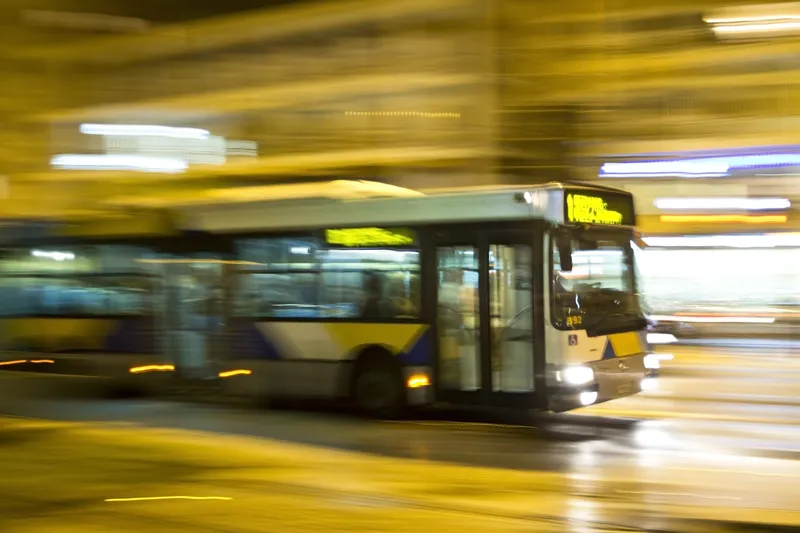Swedish rail operator Svenska Tågkompaniet AB (Tågkompaniet) is to deploy a new mobile solution for its train drivers and train conductors, with three new capabilities: context, cross-platform and cloud. Based on the Appear IQ platform from mobile software specialist Appear, the solution allows Tågkompaniet to efficiently dispatch user-based information to its personnel, in order to increase punctuality, improve customer service and reduce operational costs. Tågkompaniet will be deploying smartphones and us
October 11, 2012
Read time: 2 mins
Swedish rail operator Svenska 6693 Tågkompaniet AB (Tågkompaniet) is to deploy a new mobile solution for its train drivers and train conductors, with three new capabilities: context, cross-platform and cloud.
Based on the Appear IQ platform from mobile software specialist Appear, the solution allows Tågkompaniet to efficiently dispatch user-based information to its personnel, in order to increase punctuality, improve customer service and reduce operational costs.
Tågkompaniet will be deploying smartphones and users’ own devices, such as iPhones and Android devices, using a cross-platform application framework and an integrated mobile device management tool. The Appear IQ solution includes a number of mobile apps hosted in the cloud, such as a traffic alert, allowing train conductors to receive notifications about disruptions, and a fault reporting application, allowing train drivers to report vehicle damage to maintenance staff.
Håkan Jarl, chief operating officer of Tågkompaniet, comments: “The rapid flow of information is critical to our operations and we have been using mobile devices since 2005. The cross-platform capabilities of Appear IQ allow us to support many different mobile devices without the need to redevelop specific applications for each type of device. This greatly increases our flexibility, while reducing our development and maintenance costs.”
Peter Melander, business development director at Appear, adds: “All apps are developed on top of the standard Appear IQ mobile cloud framework in order to reduce the development costs. Apps are hosted in the cloud and available on-demand for mobile users, so the customer does not have to deal with the complexity of setting up, scaling up and managing the system.”
Based on the Appear IQ platform from mobile software specialist Appear, the solution allows Tågkompaniet to efficiently dispatch user-based information to its personnel, in order to increase punctuality, improve customer service and reduce operational costs.
Tågkompaniet will be deploying smartphones and users’ own devices, such as iPhones and Android devices, using a cross-platform application framework and an integrated mobile device management tool. The Appear IQ solution includes a number of mobile apps hosted in the cloud, such as a traffic alert, allowing train conductors to receive notifications about disruptions, and a fault reporting application, allowing train drivers to report vehicle damage to maintenance staff.
Håkan Jarl, chief operating officer of Tågkompaniet, comments: “The rapid flow of information is critical to our operations and we have been using mobile devices since 2005. The cross-platform capabilities of Appear IQ allow us to support many different mobile devices without the need to redevelop specific applications for each type of device. This greatly increases our flexibility, while reducing our development and maintenance costs.”
Peter Melander, business development director at Appear, adds: “All apps are developed on top of the standard Appear IQ mobile cloud framework in order to reduce the development costs. Apps are hosted in the cloud and available on-demand for mobile users, so the customer does not have to deal with the complexity of setting up, scaling up and managing the system.”










